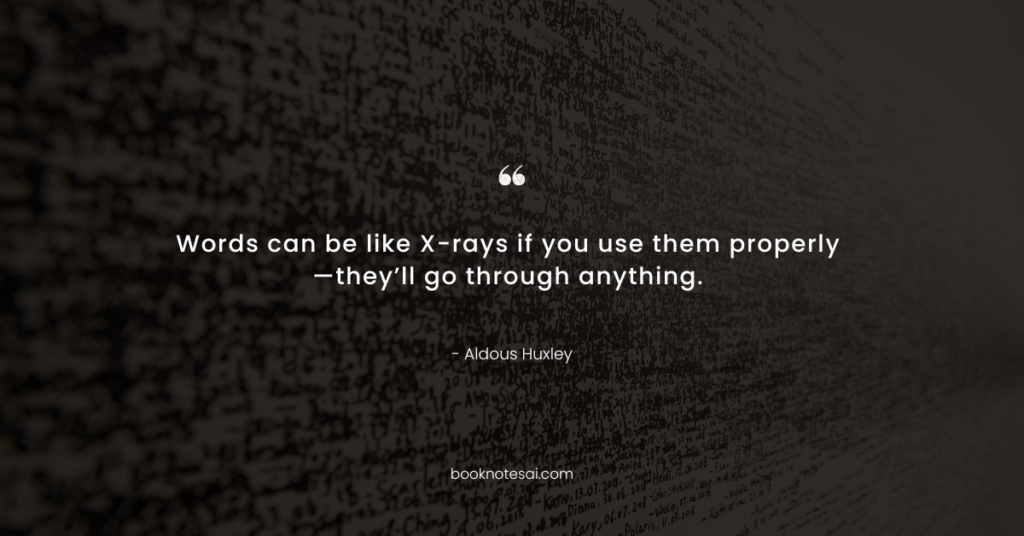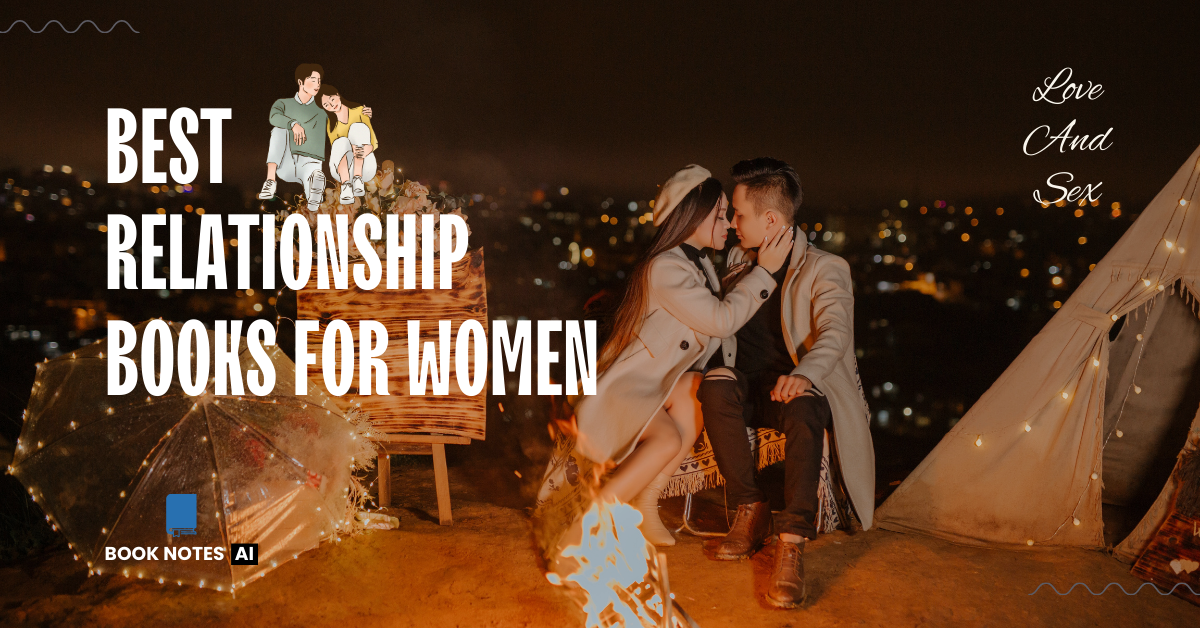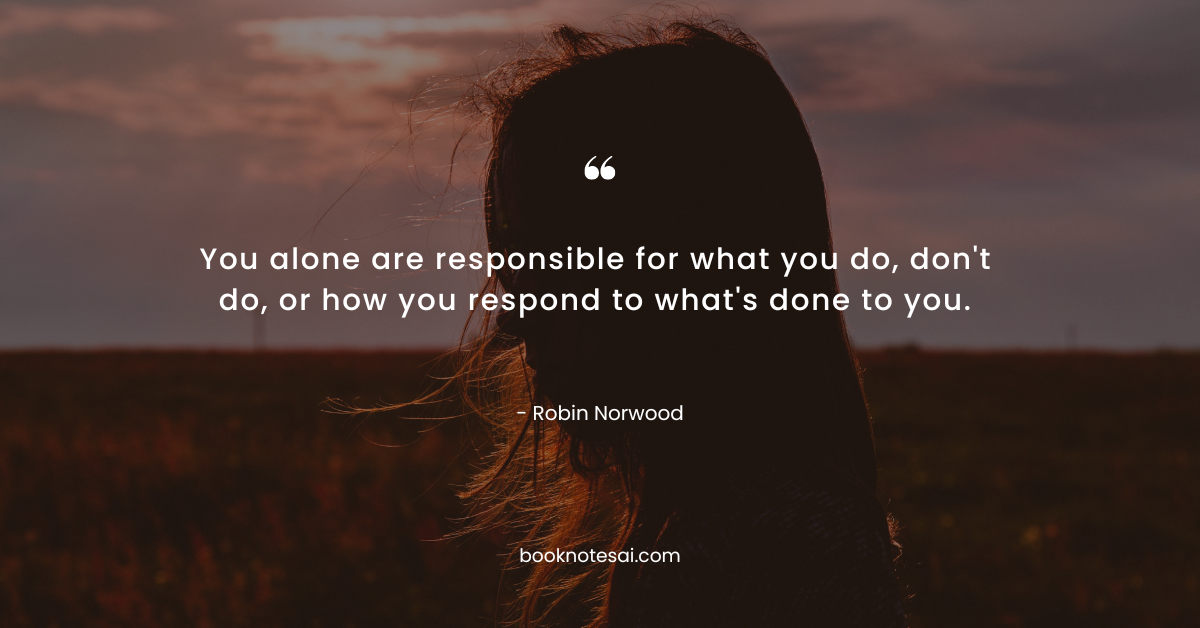Listen To This Post
Brave New World Summary: Exploring a Dystopian Future.

This is a book summary for Brave New World by Aldous Huxley. The essential information is structured to be straightforward, useful, and valuable, all while helping you save plenty of time.
Introduction: Why this book?
- In Brave New World by Aldous Huxley, readers encounter a dystopian society that challenges fundamental notions of freedom, identity, and individuality.
- Exploring this book offers a profound glimpse into the consequences of unchecked technological advancement and the manipulation of human behavior.
Brave New World Summary:
- Brave New World presents a future where society is conditioned to embrace consumerism, hedonism, and conformity through genetic engineering and psychological conditioning.
- The story follows the journey of Bernard Marx and John the Savage, who rebel against the oppressive social order and seek meaning beyond superficial pleasure.
- Huxley’s narrative raises poignant questions about the price of progress, the limits of human agency, and the nature of happiness in a world devoid of authentic emotions.
- Themes of individuality, free will, and the pursuit of truth resonate throughout the novel, challenging readers to reflect on the values that define humanity.
- As the characters navigate a world dominated by artificial happiness and totalitarian control, they confront the existential dilemma of sacrificing freedom for stability.
💡 5 Big Ideas
- Challenging Conformity: Huxley critiques a society where individuality is sacrificed for social harmony, urging readers to question the cost of uniformity.
- Technological Control: Through genetic manipulation and psychological conditioning, the novel explores the ethical implications of scientific progress and its impact on human identity.
- The Pursuit of Meaning: Amidst a world of superficial pleasures, characters grapple with the search for authentic experiences and genuine connections.
- Freedom vs. Security: The tension between personal freedom and societal stability underscores the novel’s exploration of the trade-offs inherent in social order.
- Humanity’s Resilience: Despite the pervasive influence of technology and conditioning, Huxley highlights the enduring power of human spirit and the capacity for resistance.
In Brave New World, Aldous Huxley illuminates the fragility of human autonomy and the dangers of sacrificing individuality for the sake of societal conformity.
Through its exploration of dystopian themes, the novel prompts readers to critically examine the consequences of technological advancement and the pursuit of happiness at any cost.
Powerful Quotes
- “Words can be like X-rays if you use them properly—they’ll go through anything.”
This quote highlights the power of language to reveal truths that lie beneath the surface. - “Actual happiness always looks pretty squalid in comparison with the overcompensations for misery.”
Huxley contrasts genuine happiness with the superficial distractions that mask underlying dissatisfaction. - “One believes things because one has been conditioned to believe them.”
This quote emphasizes the role of conditioning in shaping beliefs and behaviors. - “But I don’t want comfort. I want God, I want poetry, I want real danger, I want freedom, I want goodness. I want sin.”
John the Savage’s longing for authenticity encapsulates the novel’s critique of a soulless, pleasure-driven society. - “All the advantages of Christianity and alcohol; none of their defects.”
This ironic statement underscores the superficial nature of the world’s pleasures. - “O brave new world that has such people in it.”
Shakespeare’s line, used ironically, reflects John the Savage’s disillusionment with the dystopian society. - “You can’t make flivvers without steel—and you can’t make tragedies without social instability.”
This quote links technological progress with societal upheaval and moral decay. - “Stability isn’t nearly so spectacular as instability. And being contented has none of the glamour of a good fight against misfortune.”
The novel contrasts the allure of stability with the human desire for struggle and growth. - “But I don’t want comfort. I want God, I want poetry, I want real danger, I want freedom, I want goodness. I want sin.”
John’s yearning for transcendence encapsulates the human longing for meaning and purpose. - “Feely, as though foreseeing this reaction on the Savage’s part, politely edged away.”
This quote captures the discomfort and alienation experienced by those who reject societal norms.
One Reason To Read This Book:
Brave New World offers a thought-provoking exploration of societal control, individual autonomy, and the pursuit of authentic human experience in a dystopian future.
Who should I recommend Brave New World Summary to?
Anyone interested in exploring the intersection of technology, society, and human nature will find Brave New World to be a compelling and thought-provoking read.
It’s particularly relevant for individuals interested in dystopian literature and philosophical inquiries into the nature of humanity.
Recommendations:
- “1984” by George Orwell: A classic dystopian novel exploring themes of surveillance, oppression, and the power of language.
- “Fahrenheit 451” by Ray Bradbury: This novel examines the consequences of censorship and the role of literature in preserving human freedom.
- “The Handmaid’s Tale” by Margaret Atwood: A haunting portrayal of a totalitarian society where women’s rights are severely restricted, prompting reflection on gender, power, and resistance.
This summary serves as a complimentary guide to the reviewed title Brave New World, offering key insights. For a deeper understanding, we encourage you to explore the full book.


